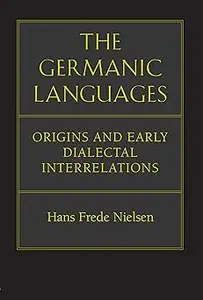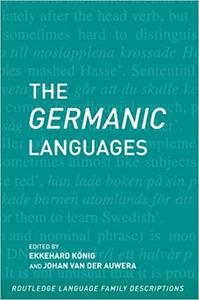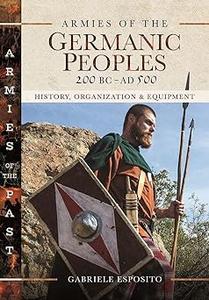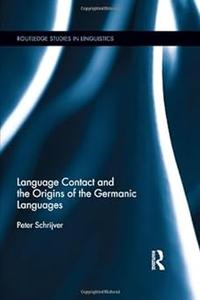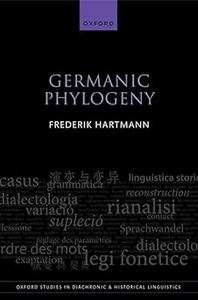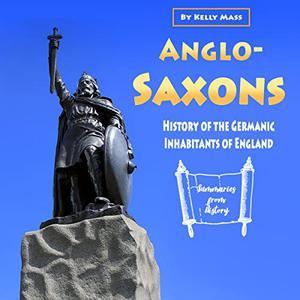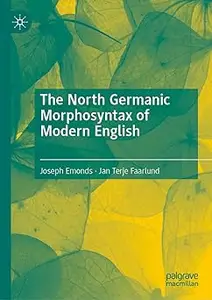
Free Download Joseph Emonds, "The North Germanic Morphosyntax of Modern English"
English | ISBN: B0D4YVBNNM | 2024 | 284 pages | EPUB, PDF | 4 MB + 5 MB
This book argues that Middle English – and hence Modern English – is a direct descendent of Anglo Norse, the language of Viking settlers who invaded and ruled the north and east of England (the so-called Danelaw) for about 200 years preceding the Norman conquest. The authors challenge the widely accepted assumption that Middle English descends from Anglo-Saxon. Presenting over 20 arguments in morphology and syntax, they show that the patterns found in standard history of English sources derive from the North Germanic Scandinavian languages. The book shows that, while Danes ruled all England (1013-1066), their Anglo-Norse, lexically but not grammatically close to Anglo-Saxon, superseded the latter throughout England. Sentential word order, modern phrasal verbs, stranded prepositions, and standard regular noun plurals, phonetic
